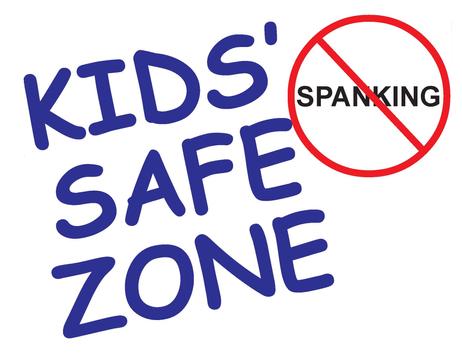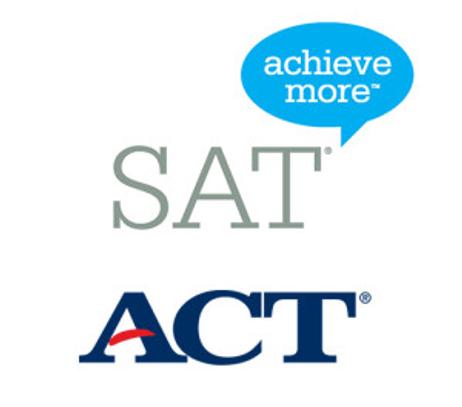Editor's note: In the following conversation, the parent is fictitious but her questions and my answers are real.
Parent: I am thinking about sending my teenage daughter to a private school for grades 9-12. How do I find the best school for her?
Rob K: Let me answer your question with another question. I know that I sound like an attorney by doing this, but I need to understand why you are thinking about sending your daughter to private school. Once you have told me your reasons, I will explain how to accomplish your goal.
Parent: My daughter's current school is OK. It's a public school which sends a large percentage of its graduates on to further education. So, that's OK. She's been with some of her classmates since kindergarten. Now I feel that she should be with other students who really want to learn. I also want her to be in smaller classes. She's one of 25 students right now. The other thing which concerns me is that the high school curriculum seems a bit thin, and is mostly focused on SATs and AP examination preparation.
Rob K: Now, you are giving me something to work with. Small class sizes are one of the main reasons most parents decide to send their children to private school. Most schools have 12-15 students per class. Your child will not just be a number in a small class. She will know everybody and everybody will know her. She


















-8okvj5w8m60w0ws40oocok84w-280.jpg)

-4c3194pi4wis8gsg004w0g44w-280.jpg)



